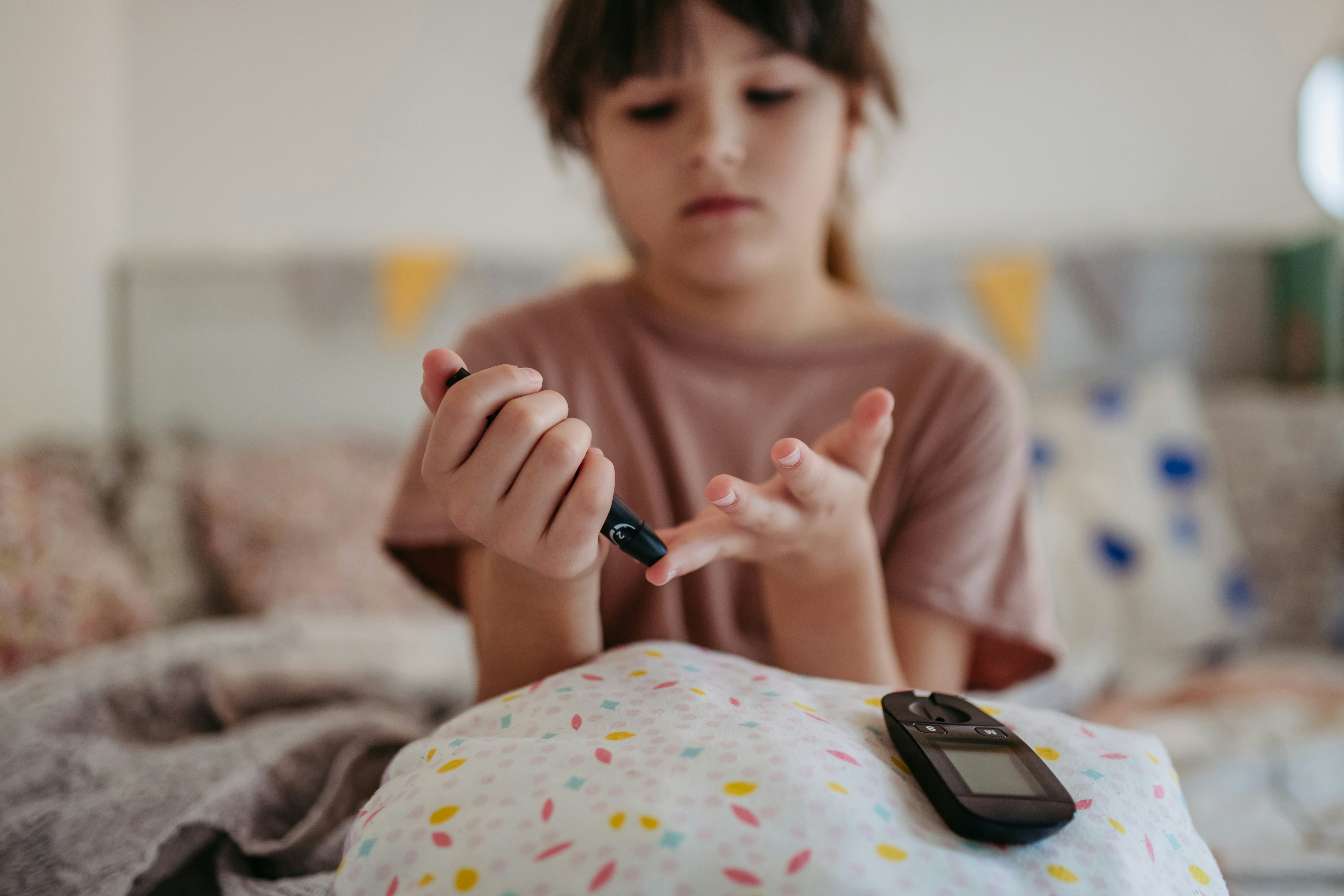
Out of the 50 hormones identified in the human body, insulin arguably ranks among the top dogs. This hormone acts like a key, opening your cells up to glucose from your food. Without it, your cells can’t get the energy they need, and for some living with diabetes, the health consequences can be devastatingly fatal.
In type 1 diabetes, individuals can’t make insulin due to an autoimmune reaction that destroys the insulin-producing cells in the pancreas, known as beta cells. An estimated 1.25 million Americans — 8.4 million people worldwide in 2021 — have type 1 diabetes and need insulin injections for pretty much their entire lives. However, one drug for rheumatoid arthritis and alopecia promises to preserve and possibly restore the body’s innate insulin production.
The first-of-its-kind clinical trial involved a drug called baricitinib, sold under the trade name Olumiant. Sixty participants, both men and women, with an average age of 18 years old, received baricitinib for 48 weeks, while 31 others received a placebo. After 48 weeks, participants on the drug had higher levels of C-peptide (a biomarker that helps indicate how well the body is making insulin), required fewer insulin injections, and had more stable blood sugar levels compared to the placebo group.
The findings were published Wednesday in the New England Journal of Medicine.
“We are very optimistic that this treatment will become clinically available,” Helen Thomas, a professor at St. Vincent’s Institute of Medical Research in Australia who co-authored the study, said in a press release. “This would be a huge step-change in how type 1 diabetes is managed and we believe it shows promise as a fundamental improvement in the ability to control type 1 diabetes.”
So how does baricitinib work? The drug belongs to a class of drugs called Janus kinase (JAK) inhibitors that block protein switches called Janus kinases that, when turned on, lead to inflammation and an overactive immune response. These same switches are involved in type 1 diabetes, so the researchers say the sooner the therapy is started, the better the drug might be at preserving insulin production. (All participants in the trial were newly diagnosed with type 1 diabetes at least 100 days before the trial.)
This approach to delaying type 1 diabetes is part of the shift in how clinicians are treating the disease, instead of only insulin injections. One other drug in a similar vein is teplizumab, an antibody-based therapy approved by the U.S. Food and Drug Administration back in November 2022 for both adults and children with type 1 diabetes.
For now, it remains uncertain how long baricitinib’s results last — the study was only less than a year — and whether the findings are generalizable to a wider population since participants, while diverse, were mostly white. But it’s one of many clinical endeavors aiming to help the millions of people living with type 1 diabetes.







